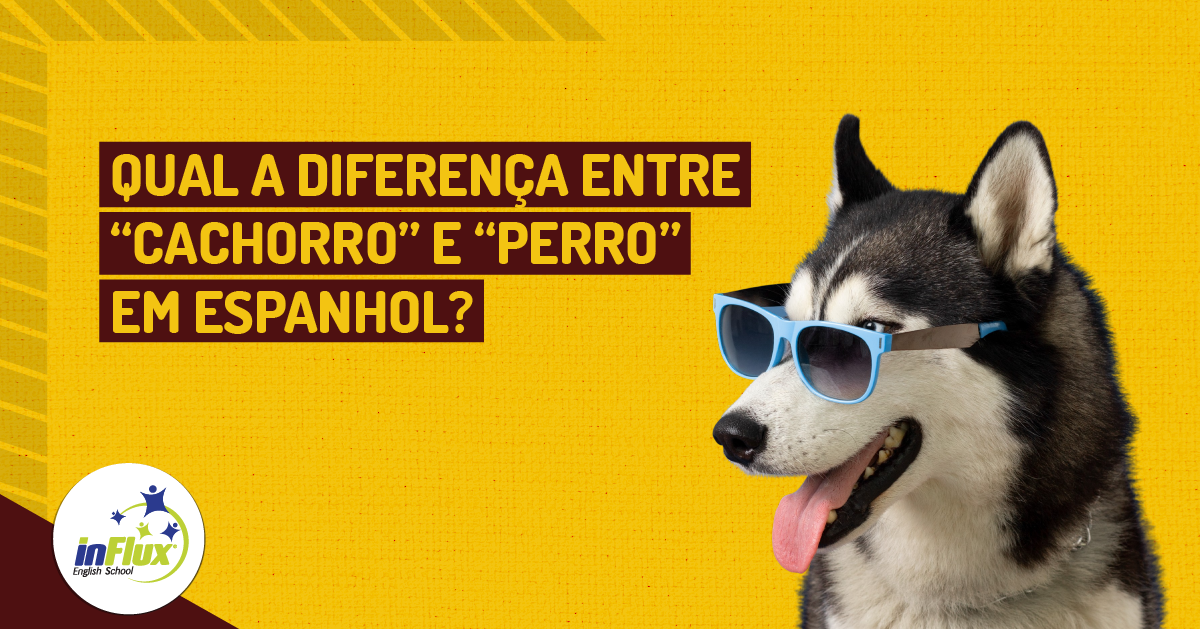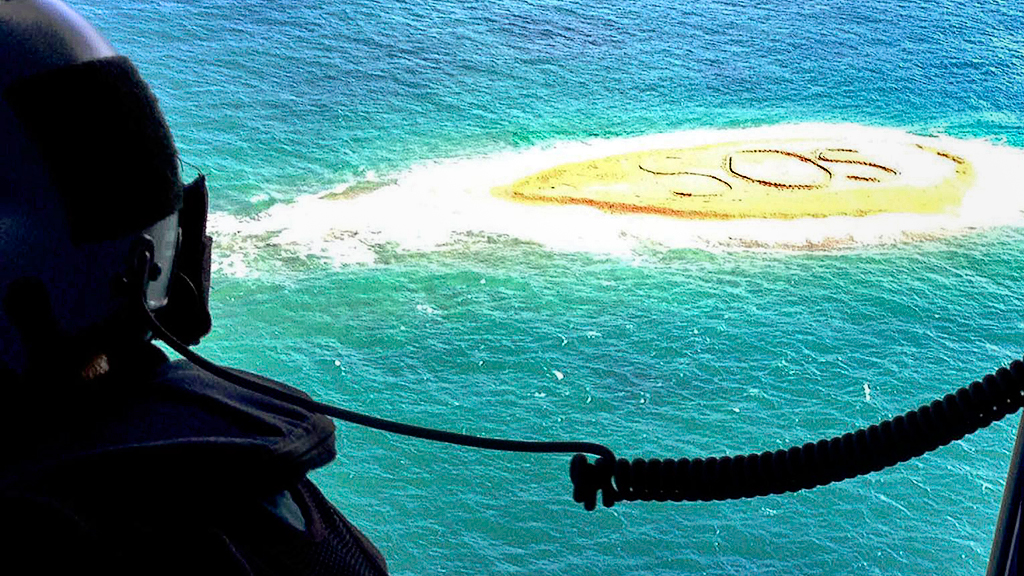Podcast: Errors native speakers make that we should learn.
- Categorias
- Podcast
powered by Advanced iFrame. Get the Pro version on CodeCanyon.
Hello everybody,
Learners of English usually feel that they shouldn’t make mistakes so they hesitate to speak. But native English speakers also make mistakes when they speak and they are not exactly embarrassed about it. That happens because what we consider wrong, they consider natural. Or as one would say: Everybody talks like that.
One good example here: most native speakers of English tend to elide the word “have” to nothing more than a schwa [?] in many common situations. This sometimes leads to spelling confusion, such as writing “I could of…” with “of” instead of “I could have…” or “I could’ve” with “ve”. That’s because these words are usually said like this:
could have: [?k???], coulda or [?k???v], could uhv
must have: [?m?st?], musta or [?m?st?v], must uhv
should have: [?????], shoulda or [?????v], should uhv
would have: [?w???], woulda or [?w???v], would uhv
This is one of those errors typically made by a person more familiar with the spoken than the written form of English. A sentence like “I would have gone if anyone had given me free tickets” is usually spoken in a slurred way so that the two words “would have” are shortened to “would’ve”, a contraction of “would have.” But many people write “would of” with “of” because it sounds exactly the same as “would’ve” with “ve”.You will sometimes see would have written as would’ve or woulda, should have as should’ve or shoulda, must have as must’ve or musta, and could have as could’ve or coulda.
Well, knowing all that, how about learning to speak and use the structures above? That is very important for us in order to recognize what people say and also sound more natural when we’re speaking. So, today we’ll start off with “could have“. As we said before, you will usually hear something like “could’ve” or even “coulda”.
In Portuguese, in some situations, that would be “poderia ter”; “poderíamos ter”; “poderiam ter”. However, even in our language, we don’t usually say “poderia ter” but “podia ter”. Interesting, isn’t it?
So, let’s listen to some examples now:
It could’ve been my fault, but this time it wasn’t. Poderia ter sido minha culpa, mas desta vez não foi.
We could’ve gone if we hadn’t been so tired. Nós poderíamos ter ido se não estivéssemos tão cansados.
Things could’ve been different if you wanted to. As coisas poderiam ter sido diferentes se você quisesse.
If I hadn’t torn up the letter I could’ve shown it to you. Se eu não tivesse rasgado a carta eu poderia ter mostrado pra você.
If I’d seen the thief coming I could’ve warned her. Se eu tivesse visto o ladrão vindo, eu teria avisado ela.
Stop complaining! It could’ve been worse! Pare de reclamar! Poderia ter sido pior!
You could’ve been killed! Você poderia ter morrido!
They could’ve helped us, but they’d left already. Eles poderiam ter nos ajudado, mas eles já tinham ido.
Now, there are also some expressions with “could have” that not necessarily work as the ones we have seen. They are fixed sentences that are usually said the same way and their equivalences in Portuguese may vary from “poderia ter”; “poderíamos ter”; “poderiam ter”. Listen up:
I could’ve sworn today was Saturday! Eu podia jurar que hoje era sábado!
You could’ve fooled me. Você quase me enganou.
We could’ve had it all. A gente podia ter tudo que quiséssemos.
I could’ve killed him when he said that! Eu tive vontade de matá-lo quando ele disse aquilo!
Well, that’s it for today. How about creating your own examples now? Post a comment if you like and wait for the next inFlux English Podcast. Bye!



























